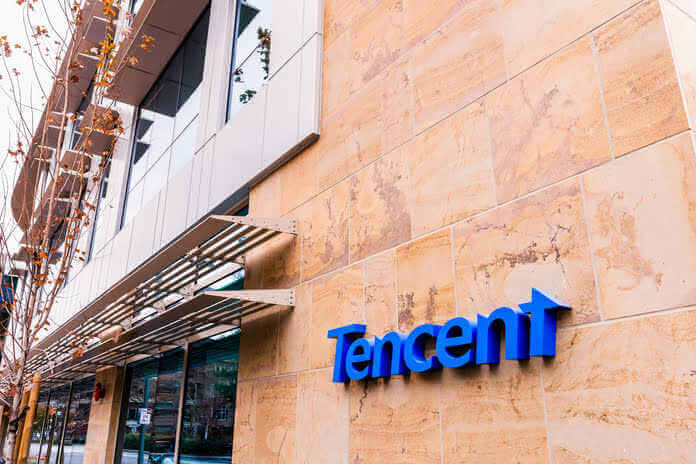Tencent stock traded at $36.20 as of 12:14 PM EDT on Wednesday
Tencent (OTCMKTS:TCEHY), the largest firm in China by market value, has spent about $1 billion repurchasing shares over the previous month, bringing the total for the year to $2.3 billion, according to statistics from Bloomberg. The action picked up steam after its largest stakeholder Prosus NV said in late June that it would gradually sell up stakes.
Tencent’s Sales Decline for the First Time When the Chinese Economy Declines.
Tencent shares are down more than 60% from their peak in January 2021 despite daily purchases this month, losing over $590 billion, the greatest decline in stock value ever recorded since then, according to calculations by Bloomberg. Key hindrances include the worsening downturn in China, regulatory uncertainty, and the perception that the era of unrestrained digital revenue growth has passed.
According to Banny Lam, head of research at CEB International Investment Corp., “Tencent is under pressure from the sale of shares by the largest shareholder.” “Buybacks are helpful but fall short of what is needed. For a reversal, the government still needs to provide some policy support.
Tencent had its first-ever revenue decline in the second quarter as a result of the economy’s slump, which is harming the company’s key industries. Investors may believe that the worst of Beijing’s crackdown is over, which is supported by the approval of Tencent’s new game last week, but concerns about the company’s growth prospects and selling by Prosus continue to be major concerns.
Prosus reported selling 1.1 million shares on September 8; this reduced their overall investment in Tencent to 27.99%. According to a previous filing, Prosus sold almost 3.9 million shares in the first half.
Tencent Stock and Performance Outlook
Against this backdrop, numerous reports, including the most recent from the Wall Street Journal on Tuesday, have claimed that Tencent plans to sell off even more of its sizable equity portfolio to fund share buybacks and look for new growth catalysts. Given that Tencent (OTCMKTS:TCEHY) is a sizable shareholder in important companies like Meituan, Kuaishou Technology, and Bilibili Inc., this is causing additional uncertainty for China’s digital industry. Despite Tencent’s denial of the Journal claim, Meituan and Bilibili’s shares both fell by at least 3% in Hong Kong. Tencent’s loss was 2.5%.
Featured Image- Megapixl @ Andreistanescu














